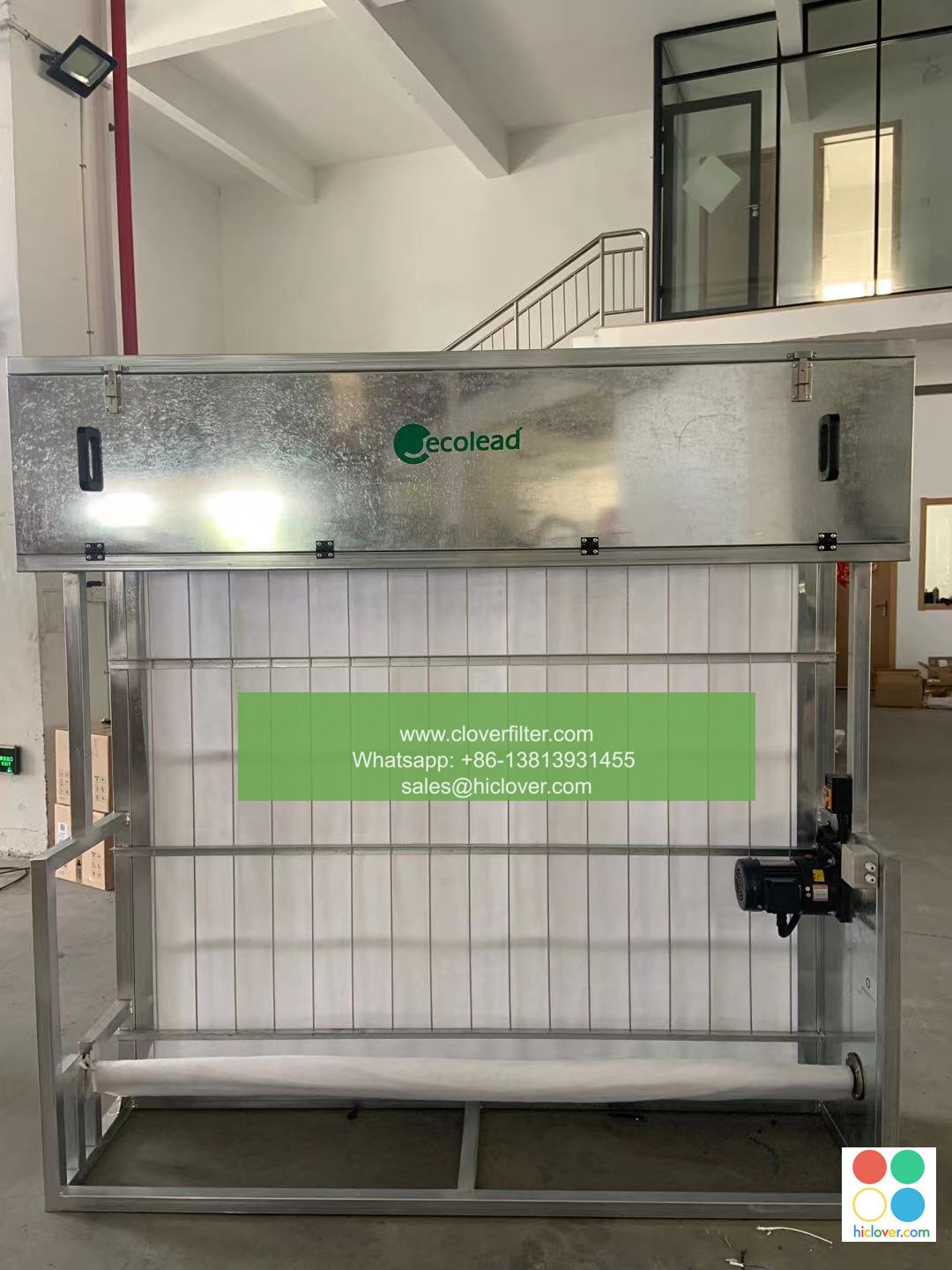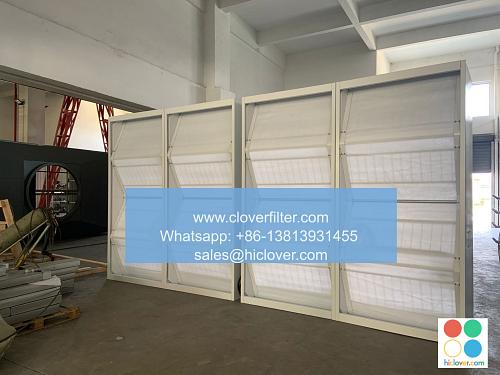Air Filter Regulations and Litigation: A Guide to Avoiding Lawsuits

As the world grapples with the challenges of indoor air quality (IAQ) and air pollution, the importance of air filters cannot be overstated. However, the air filter industry is not without its challenges, particularly when it comes to regulations and litigation. In this article, we will delve into the world of air filter regulations and litigation, highlighting various application areas and providing a comprehensive guide to avoiding lawsuits.
Understanding Air Filter Regulations
Air filter regulations vary by country and region, but most governments have established standards for air filter efficiency and emission control. In the United States, for example, the Environmental Protection Agency (EPA) regulates air filters under the Clean Air Act (CAA). Similarly, in Europe, the European Union (EU) has established the EU Ecodesign Directive to regulate air filter energy efficiency and emissions.
To comply with these regulations, air filter manufacturers must ensure that their products meet specific filtration standards, such as HEPA (High Efficiency Particulate Air) and ULPA (Ultra Low Penetration Air). Additionally, manufacturers must also comply with labeling and testing requirements, such as those outlined in the AHAM (Association of Home Appliance Manufacturers) standard.
Air Filter Litigation: Common Causes of Lawsuits
Despite the regulations in place, air filter litigation is a common occurrence. Some of the most common causes of lawsuits in the air filter industry include:
* Product liability claims: These claims arise when an air filter is defective or fails to perform as intended, resulting in property damage or personal injury.
* False advertising claims: These claims arise when an air filter manufacturer makes misleading or deceptive claims about the performance or benefits of their product.
* Patent infringement claims: These claims arise when an air filter manufacturer infringes on a competitor’s patent, resulting in a lawsuit.
To avoid these types of lawsuits, air filter manufacturers must ensure that their products are designed and tested to meet stringent quality and performance standards. Additionally, manufacturers must also ensure that their marketing and advertising claims are accurate and truthful.
Application Areas: Where Air Filter Regulations and Litigation Apply
Air filter regulations and litigation apply to a wide range of industries and application areas, including:
* Residential and commercial HVAC systems: Air filters are a critical component of heating, ventilation, and air conditioning (HVAC) systems, and manufacturers must ensure that their products meet specific filtration standards.
* Industrial and manufacturing processes: Air filters are used to control air pollution and emissions in a variety of industrial and manufacturing processes, including chemical processing and pharmaceutical manufacturing.
* Automotive and transportation: Air filters are used in vehicle emissions control systems and air pollution control systems for trucks and buses.
* Aerospace and defense: Air filters are used in aircraft and missile systems to control air pollution and emissions.
Best Practices for Avoiding Lawsuits
To avoid lawsuits and ensure compliance with air filter regulations, manufacturers should follow these best practices:
* Conduct thorough product testing and validation: Ensure that air filters meet specific filtration standards and perform as intended.
* Ensure accurate and truthful marketing and advertising claims: Avoid making misleading or deceptive claims about the performance or benefits of air filters.
* Monitor and comply with changing regulations: Stay up-to-date with regulatory changes and updates to ensure compliance with air filter regulations.
* Implement a robust quality management system: Ensure that air filters are designed and manufactured to meet stringent quality and performance standards.
By following these best practices and understanding the complexities of air filter regulations and litigation, manufacturers can minimize the risk of lawsuits and ensure compliance with stringent regulatory requirements. Whether you are a manufacturer of residential air filters, industrial air filters, or automotive air filters, it is essential to stay informed about the latest developments in air filter regulations and litigation. You haven’t asked a question or provided any context. What would you like to talk about or ask? I’ll do my best to provide a helpful and direct response.

